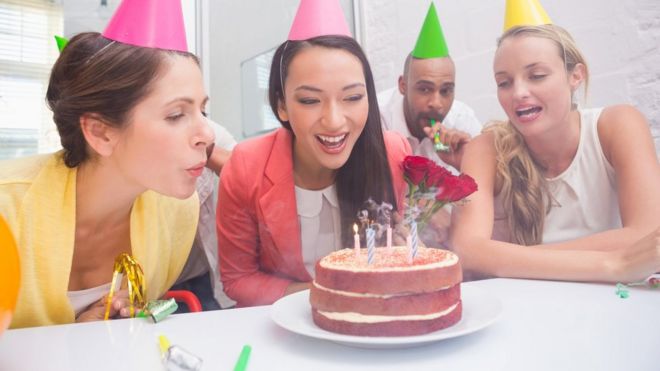Another hotel bathroom, but this one had good air circulation which meant that mirror didn’t fog up. When I pulled back the shower curtain I got a shock—that naked dripping guy looking back at me was getting old, bald, and really, really fat. Something had to be done. But…
Old – nothing I can do about that.
Bald – Comb-over? Toupe? Nothing I can do about that (and keep my dignity, anyway).
Fat – I can do something about that…if I have to…I guess.
What to do? I hate to exercise, and I don’t have time for it anyway. When I looked out the bus window a few days later, I saw a guy riding a bike and thought, “I have one of those.” I mulled it over for a few weeks, then the end of the month arrived: it was time to buy a new bus pass and the price was going up to $50. My old mountain bike was collecting dust. It was time to act.
I went to the thrift store and picked up a used backpack, put my bus pass with one day left on it in my pocket (just in case), headed off to work…and survived.
Things have changed over the years: the backpack was replaced by a sweet garment bag, the beat-up mountain bike is now a dedicated commuting machine, the office moved to a new building four miles further away, bus passes are now $72, and I am fifty pounds lighter.
I’ve learned to question assumptions about what it means to get to work: I used think my commute was just a requirement of life, now it is a valuable part of my day. I’ve also learned that I can even do something about old and bald.
- Old–I look and feel younger (studies show that those who get regular exercise have a body age lower than those who don’t).
- Bald–your hairline doesn’t matter when you are wearing a bike helmet.
One more thing: hotel mirrors don’t scare me anymore.







